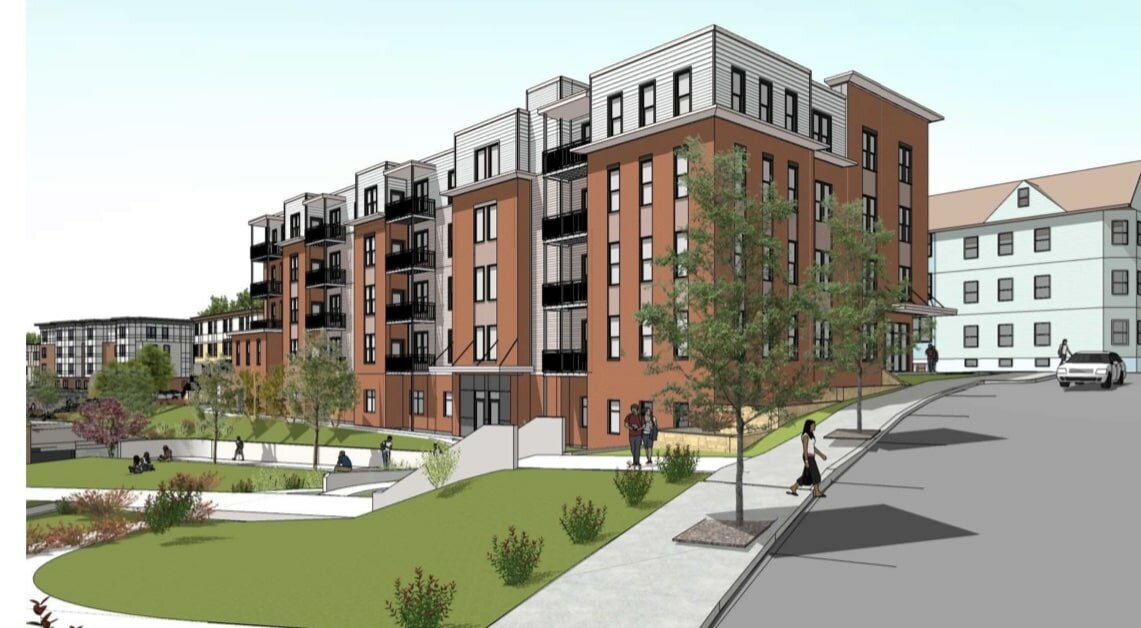Understanding the foreclosure process in Massachusetts is a crucial step in navigating your own home foreclosure.
Before we dive in…
Understanding the Foreclosure Process in Massachusetts
What is foreclosure anyway?
Foreclosure is the legal process by which a lender takes back a property when the borrower fails to make mortgage payments as agreed upon. In most cases, this happens after several missed payments and when the loan is considered to be in default. At that point, the bank or mortgage company has the right to initiate foreclosure proceedings to recover the outstanding loan amount by repossessing and eventually selling the home.
Let’s be honest—foreclosure is stressful and overwhelming. It can feel like your world is turning upside down, and many homeowners in Massachusetts describe the process as one of the most difficult financial challenges they’ve ever faced. But here’s the good news: foreclosure is not the end of the road. There are options, and understanding the process can make a huge difference in how you handle the situation.
The more you know about how foreclosure works in Massachusetts, the better prepared you’ll be to protect yourself, your family, and even your credit for the future. By learning about timelines, legal steps, and possible alternatives—such as loan modifications, short sales, or selling your house to a cash buyer—you can regain some control during an otherwise overwhelming time. Foreclosure doesn’t have to define your future. With the proper knowledge and guidance, you can navigate the process more confidently and come out on the other side in a much stronger position.
The Basic Stages of A Foreclosure
In Massachusetts, the foreclosure process has its own unique rules and timeline; therefore, homeowners need to understand how it operates within the state. While foreclosure laws vary across the country, Massachusetts primarily uses a “non-judicial foreclosure” process under the power of sale clause, which is typically included in most mortgage agreements. This means that, in many cases, a lender does not have to take you to court to foreclose on your property. Instead, they follow the procedures outlined in the mortgage contract and the laws of the state of Massachusetts.
That being said, some foreclosures in Massachusetts can still end up in court under exceptional circumstances; however, the vast majority proceed through the power of sale process. Here’s how it usually plays out:
-
Missed Payments: Foreclosure doesn’t happen after just one late payment. Typically, a lender will wait until you are about 90 days behind before taking serious action. During this time, you’ll usually receive multiple notices reminding you that your loan is in default.
-
Right to Cure Notice: Under Massachusetts law, lenders are required to send you a formal notice of default and a “right to cure.” This notice provides you with 90 days to bring your mortgage up to date before the foreclosure process can officially begin.
-
Acceleration of the Loan: If you don’t catch up during that cure period, the lender can accelerate the loan, meaning the entire balance is due immediately. At this point, foreclosure is moving forward.
-
Notice of Sale: Because Massachusetts is a power of sale state, the lender can then schedule a foreclosure auction. They must publish the auction notice in a local newspaper for three consecutive weeks and also send you a notice by certified mail at least 14 days before the sale date.
-
Foreclosure Auction: The property is sold at public auction to the highest bidder—often the bank itself if no outside buyers step up.
From start to finish, the Massachusetts foreclosure process typically takes several months; however, once the auction is scheduled, things can proceed quickly.
If you’re a homeowner in Somerville, Massachusetts, facing foreclosure, it’s crucial to act before the process reaches the auction stage. Understanding your rights under Massachusetts law can provide you with more options, whether that means negotiating a loan modification, pursuing a short sale, or selling your house quickly to avoid foreclosure altogether.
Connect with us today at (617) 401-9339 or through our contact page, and we’ll guide you through the specific foreclosure process in Massachusetts and discuss solutions tailored to your situation.
What Happens After A Foreclosure Auction in Massachusetts?
When a foreclosure in Massachusetts is complete, the proceeds from the foreclosure auction are first applied to the outstanding mortgage balance. Ideally, the sale price covers the entire loan. However, in many cases, the home sells for less than what is owed. When that happens, the lender may pursue what’s called a deficiency judgment.
A deficiency judgment in Massachusetts is when the bank or lender seeks a court order requiring the borrower to pay the difference between the loan balance and the foreclosure sale price. For example, if your loan balance is $800,000 but your home only sells at foreclosure for $750,000, the bank could potentially pursue you for the $50,000 deficiency.
Massachusetts is not as borrower-friendly as some states when it comes to deficiency judgments. Here, lenders are allowed to pursue the full remaining balance of the loan—not just the fair market value of the property at the time of sale. This means that if your home sells for significantly less than your mortgage balance, you could still be on the hook for tens of thousands of dollars after foreclosure.
That’s why it’s often in a homeowner’s best interest to avoid letting the foreclosure auction happen in the first place. If you’re facing foreclosure in Massachusetts, you may have options such as:
-
Negotiating directly with your lender to modify the loan or work out a payment plan.
-
Arranging a short sale, where the lender agrees to accept less than the loan amount as full payment.
-
Selling your house quickly to a Massachusetts real estate investor, who can work with banks to negotiate discounts or even eliminate the deficiency.
At Velney Development , we specialize in assisting Massachusetts homeowners in challenging situations, including those facing foreclosure. Our team has experience working directly with banks to find solutions that protect you from additional financial hardship after the foreclosure process. In some cases, we can even help you pay off your mortgage and put money back in your pocket, providing you with a fresh start and financial relief.
If you own a property in or near Somerville, Massachusetts, and you’re facing foreclosure, don’t wait until the auction. Contact us today, and let us help you explore alternatives that could save your credit, your peace of mind, and your financial future.
We buy houses in Somerville, MA, like yours, from people who need to sell fast.
Give us a call anytime (617) 401-9339 or
fill out the form on this website today! >>
Another Foreclosure Resource For Somerville MA HomeOwners:

